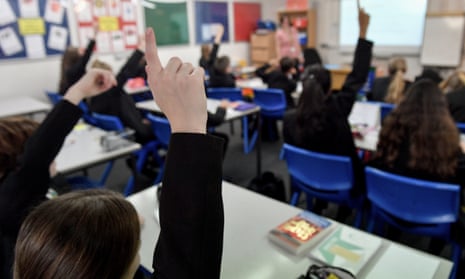
A new report suggests that England should modernize its school calendar to benefit both students and teachers. The proposal includes reducing summer holidays from six weeks to four and extending autumn and winter half-term breaks to two weeks each. The report, aimed at addressing post-pandemic education inequalities, argues that the current school calendar is outdated and in need of reform.
Lee Elliot Major, a professor at the University of Exeter and one of the report’s authors, believes that restructuring the academic calendar would be a cost-effective way to address educational disparities that have emerged during the pandemic. The proposed changes aim to improve student well-being, support teachers, and enhance academic performance without incurring additional costs.
The report highlights concerns about the negative impact of long summer holidays on students, particularly those from disadvantaged backgrounds and those with additional learning needs. It also notes that teachers often face challenges with student behavior and well-being after the summer break. The proposal for calendar changes aligns with similar initiatives by the Welsh government, which plans to implement a revised school year starting in 2025-26.
The report acknowledges that some school trusts and local authorities in England have already introduced longer autumn half-term breaks, with positive outcomes such as reduced absences among students and teachers. However, it also recognizes that such changes may pose challenges for parents in terms of childcare.
Overall, the report emphasizes the potential benefits of restructuring the school calendar to create a more balanced and effective learning environment for students and teachers. It suggests that these changes could lead to improved student well-being, reduced learning loss, and better academic outcomes.
2024-02-26 01:00:20
Source from www.theguardian.com